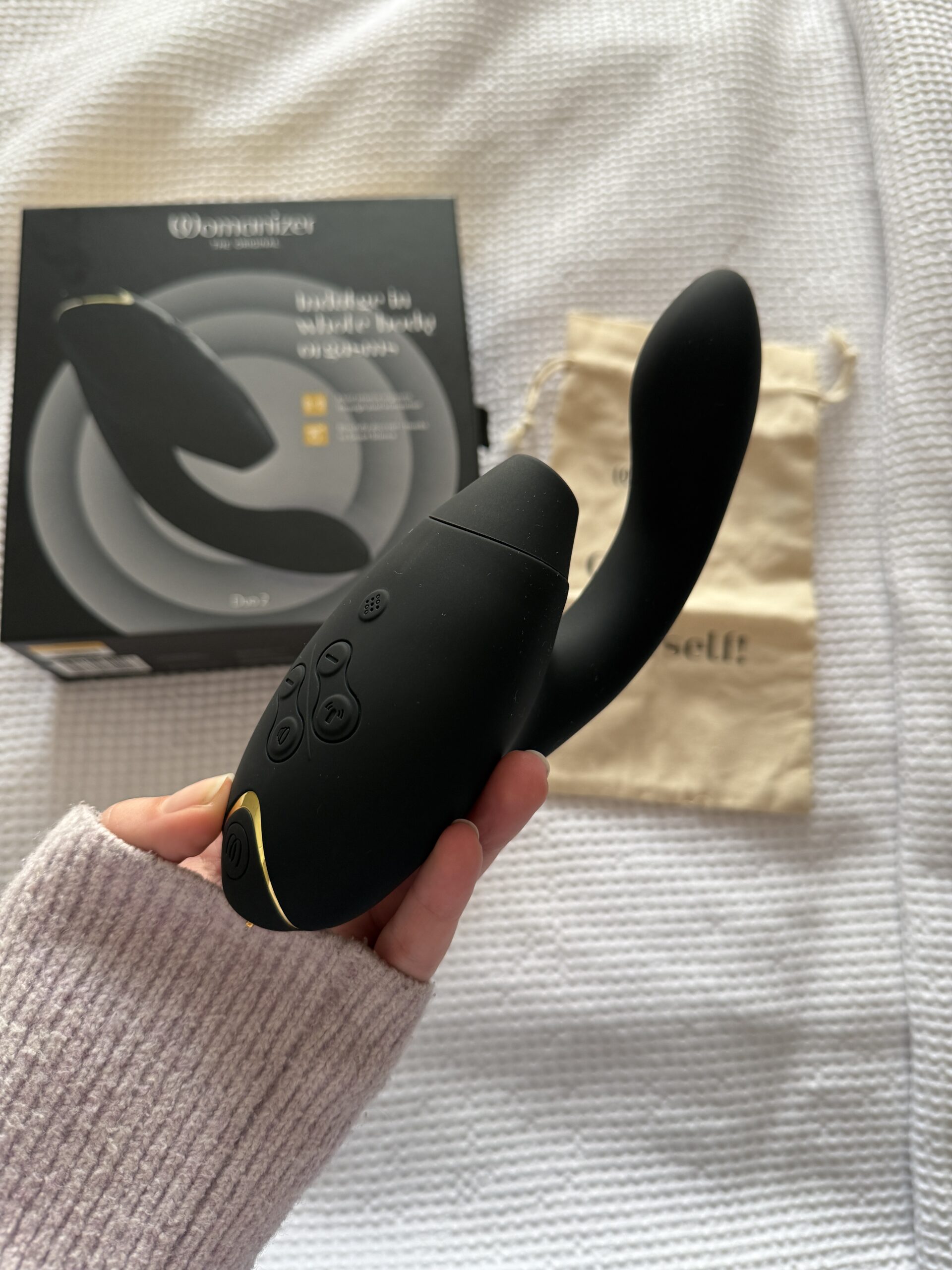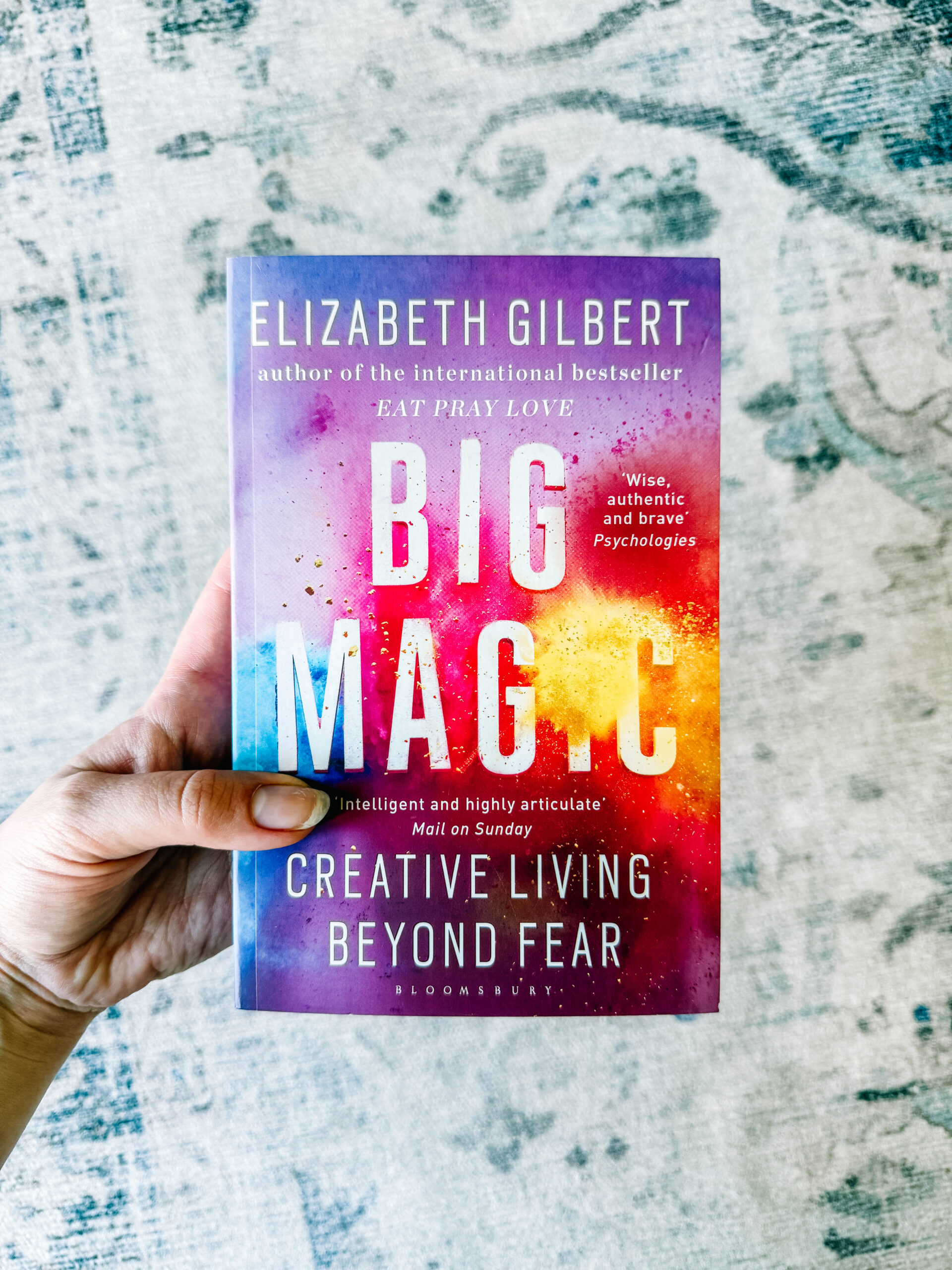Is Lash Growth Mascara Safe for Sensitive Eyes or Contact Lens Wearers?
Many people with sensitive eyes or contact lenses wonder if using mascara for lash growth is truly safe. Cosmetic shelves are full of options, but safety is key when it comes to avoiding irritation or discomfort. Most lash growth mascaras can be safe for sensitive eyes and contact lens wearers when they are labeled as ophthalmologist-tested or hypoallergenic and formulated without harsh ingredients. Choosing the right mascara formula and paying attention to your individual sensitivities can help you achieve longer lashes without sacrificing comfort.
Key Takeaways
- Many lash growth mascaras are formulated to be safe for sensitive eyes and contacts.
- Look for hypoallergenic or ophthalmologist-tested options.
- Selecting the right product can help you avoid irritation and achieve desired lash results.
Is Lash Growth Mascara Safe for Sensitive Eyes and Contact Lens Wearers?
Lash growth mascaras can be used by individuals with sensitive eyes or those who wear contact lenses, but specific precautions are needed. Formulation, ingredient safety, and proper application play critical roles in minimizing risks such as irritation and discomfort.
Common Causes of Eye Sensitivity
Sensitive eyes often react due to underlying conditions or external factors. Allergies, dry eyes, and environmental pollutants like dust or pollen contribute to discomfort and increased risk of redness. Contact lens wearers are more likely to experience irritation from particulate buildup under the lenses.
Mascara itself can aggravate symptoms if it flakes, smudges, or contains harsh chemicals. Common problematic ingredients include parabens, synthetic fragrances, and preservatives, which can lead to watering and stinging sensations. Wearing contact lenses makes eyes more susceptible because lenses trap debris and prolong irritation. Factors such as rubbing eyes, using expired products, or sharing makeup increase the likelihood of infection or allergic reactions. Individuals with a history of conjunctivitis or blepharitis should be particularly cautious when using lash growth mascaras.
Potential Side Effects and Irritation
Typical side effects from lash growth mascaras may include itching, redness, and watery eyes. Contact lens wearers sometimes report a gritty feeling if the mascara flakes off during wear. Occasionally, certain formulas may dry out the lash line, making eyes feel tight or sore.
Some lash growth mascaras contain prostaglandin analogs or other active ingredients. These can increase the risk of inflammation and eyelid darkening, especially in sensitive individuals. Discomfort can worsen with waterproof formulations, as they require more effort to remove and may leave residue behind. Removing mascara gently and avoiding rubbing helps minimize these effects.
Key Safety Considerations for Mascara Selection
Selecting the right mascara starts with checking for labels such as hypoallergenic, paraben-free, or ophthalmologist-tested. Products with these designations are less likely to trigger sensitivity in the eyes. Avoid mascaras with added fragrances and opt for gentle formulas free from common allergens.
For contact lens wearers, it is safer to choose non-waterproof mascaras, as they tend to flake less and are easier to remove without requiring vigorous rubbing. Look for a smooth application brush to limit the chance of clumping or residue.
Choosing the Right Mascara for Sensitive Eyes and Contacts
Selecting mascara for those with sensitive eyes or who wear contacts requires attention to both product type and usage habits. Key factors include hypoallergenic formulations, ophthalmologist approval, and avoiding common irritants.
Hypoallergenic and Ophthalmologist-Tested Mascara
People with sensitive eyes or contact lenses should look for mascaras labeled as hypoallergenic and ophthalmologist-tested. These products are specifically formulated and tested to reduce the chance of irritation. Popular options include Neutrogena Healthy Lengths Mascara, which is often recommended due to its gentle ingredients and physician-tested safety profile. Brands sometimes offer volume mascara versions as well, but always check for clear labeling. Hypoallergenic mascaras tend to have fewer potential allergens and are less likely to cause redness or discomfort.
Ophthalmologist-tested mascaras are evaluated by eye doctors to ensure minimal risk for most users, making them safer for anyone with pre-existing eye sensitivities or who wears contacts. Products not tested by ophthalmologists may carry a higher risk of irritation or reaction.
Ingredients to Avoid for Sensitive Eyes
People with sensitive eyes should examine ingredient lists closely. Certain common substances can trigger irritation, especially in contact lens wearers.
Key ingredients to avoid:
- Fragrance/Parfum: Often causes allergic reactions or stinging.
- Parabens and Formaldehyde-releasing preservatives: May irritate delicate eye tissue.
- Fibers or Lengthening agents: Sometimes used in volume mascara or lash-extending formulas, these can shed into the eye and cause abrasiveness.
- Alcohol-based compounds: Can dry out and further sensitize eyelids and lashes.
Selecting mascaras that are both fragrance-free and paraben-free is an effective first step. Waterproof mascara is popular but can require harsh removers and extra rubbing, which might not suit sensitive eyes. Always check product packaging or ingredient tables before purchase.
Conclusion
Lash growth mascaras can be safe for sensitive eyes and contact lens wearers when they are formulated without common irritants. It's important to look for products labeled ophthalmologist-tested, hypoallergenic, and fragrance-free.
Choosing mascaras free from parabens, harsh preservatives, and unnecessary additives can lower the risk of redness and irritation. Many trusted brands offer options specifically designed for sensitive users and those who wear contact lenses. Those with sensitive eyes should always patch-test new products to check for any adverse reactions. Regularly cleaning applicators and following best hygiene practices also helps maintain eye health.



